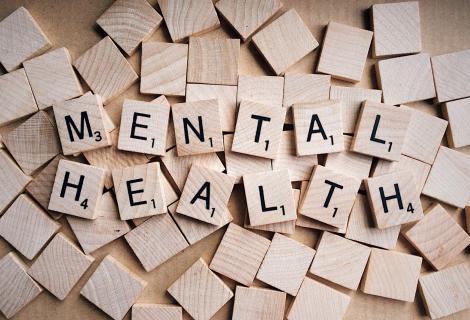Breaking the Silence: A Call for Mental Health interventions in Addressing Gender-Based Violence in Uganda

By Faith Nantongo
Any form of violence quite often makes the survivors feel rotten and helpless, and psychological torture, as a form of gender-based violence, exactly does that and more. Psychological violence eats deep into the survivor's psyche, which ultimately compromises their mental health.
Any form of violence quite often makes the survivors feel rotten and helpless, and psychological torture, as a form of gender-based violence, exactly does that and more. Psychological violence eats deep into the survivor's psyche, which ultimately compromises their mental health. This can be ignited by the perpetrator using instruments of torture that can be in the form of words, actions, or omissions that put the worthiness of the survivor in question. On many occasions, we have seen people battling with mental health challenges due to the violence they suffered, being pushed into the abyss of suicidal thoughts and, at times, actions. We have seen their naked inhibitions and the miasma of depression that lingers in their lives if not given help.
The inhumanity of this form of violence sends some of the victims on an unguided quest for the right prescription for healing, happiness, and peace. Some of those who have tasted the pain of a disturbed mind have found themselves having to bear the weight of extreme prostration and, at times, persuading themselves that life is not worth living.
Psychological violence oppresses the mental health of the victim, and it further breeds the insolence of the perpetrator. It forces the survivors to live on their nerves and the perpetrators of their oppression. Sometimes, we see fear, pain, and anxiety personified in the survivors, but we strongly predicate healing upon the nourishment we get from counseling. We hold a firm belief that despite the profound challenges for survivors of GBV, the psychosocial support we offer sets them on the road to recovery. Even though we believe that through psychosocial sessions, a survivor can achieve full recovery, we also understand that this goal is not achieved overnight. The process requires patience, tolerance, and commitment from the survivor and the psychosocial officer. Through this support, we have been able to help survivors of mental health challenges brought upon them through GBV realize that, indeed, life is worth living and that it is a priceless treasure.
Despite this fact, many survivors do not seek or receive mental health support due to various factors, such as cultural beliefs and the stigma attached to seeking help for mental health conditions. In Uganda, traditional cultural beliefs play a critical role in shaping attitudes towards GBV survivors` experiences and their expressions of emotional distress. For instance, some communities view rape as an act that strips off one's dignity. Therefore, they attach shame to it and discourage survivors from exposing the perpetrator lest it brings dishonor to them.
While preventing GBV should be at the forefront of any society's priorities, recognizing its associated effects on an individual's mental well-being must be equally considered. This can be done by providing them with access to tailored mental health services and integrating psychological support into broader initiatives aimed at preventing and responding to GBV. By taking this approach that prioritizes physical and emotional well-being, we can empower survivors of GBV in Uganda to reclaim their lives and build brighter futures for themselves and their communities.